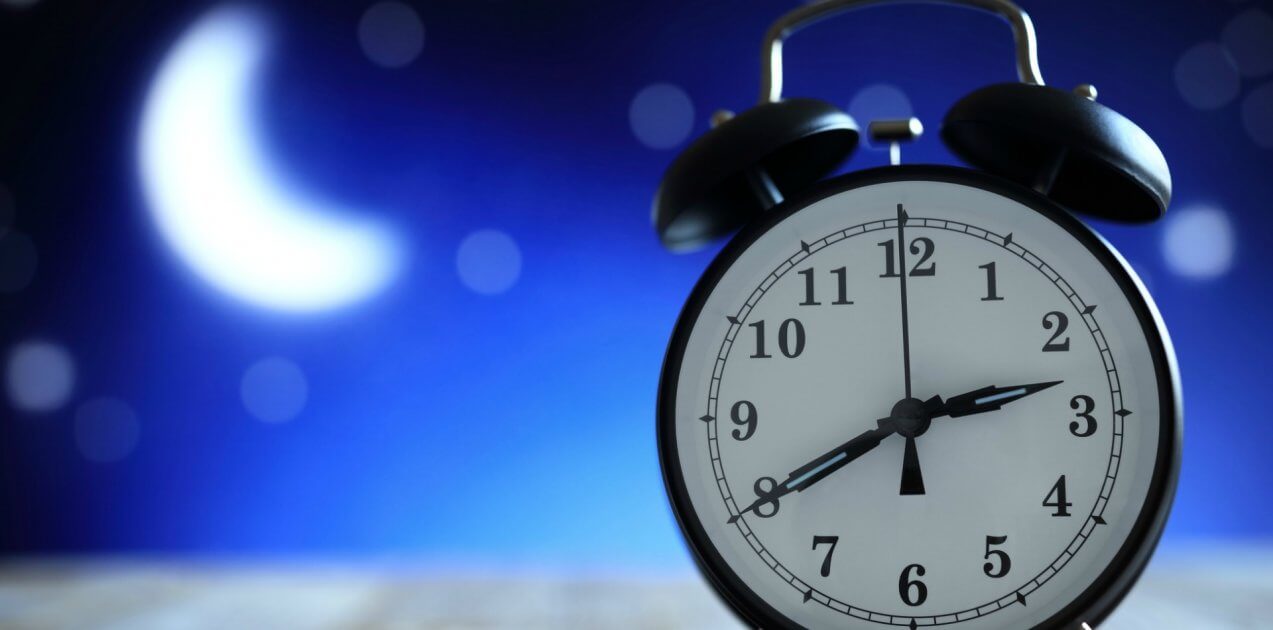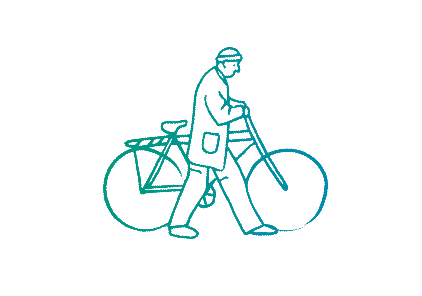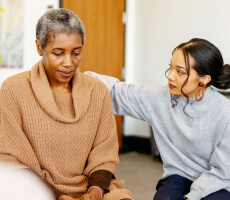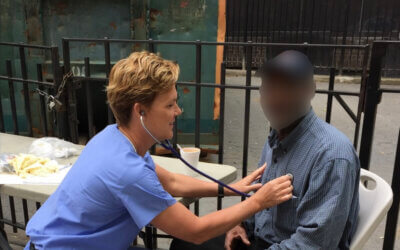Tips for Better Sleep
Trouble sleeping? Discover some simple hints to get a better night of sleep without counting sheep.
 Stress, family issues or a full gamut of worries can wreak havoc on our minds causing us to lose sleep.
Stress, family issues or a full gamut of worries can wreak havoc on our minds causing us to lose sleep.
Do you have trouble falling asleep? Are you up night after night tossing and turning in bed? Or perhaps your eyes are focused on the clock on the nightstand as you watch the minutes tick further and further away from getting a good night of sleep? Lack of quality sleep can turn any person—from a patient with advanced illness to a caregiver—into a crotchety grouch who everyone avoids. Of course, on occasion, we have all been there before: Stress, family issues or a full gamut of worries can wreak havoc on our minds causing us to lose sleep. Nevertheless, better sleep is possible.
Making Better Sleep Possible
From top-of-the-line mattresses to infomercials about the best-of-the-best pillows, today’s society is constantly bombarded with commercials for ways to achieve better sleep. These measures, oftentimes than not, have high price points. However, you do not need to spend a lot of cash to grab a good night of sleep.
Keys to Better Sleep
The following are some simple and common sense tips that can help you get better sleep and will not break the bank.
Create a bedtime ritual.
Typically our minds and bodies are active all day. It’s no surprise that it can be quite a challenge to turn off or wind down and free the mind in preparation to end the day with much-needed rest. Developing a bedtime ritual that you perform every evening about an hour before your head hits the pillow can help.
Here are some suggestions to get you started:
- Take a warm bath or shower, and use sleep-inducing soap scents like lavender and chamomile.
- Read a book with a small reading light, or listen to an audio version.
- If you have any current worries, put them into list form and develop a plan to deal with them the following day.
- Listen to calming, meditative music.
Watch what you eat and drink.
Known as the first lady of nutrition, Adelle Davis said we should: “Eat breakfast like a king, lunch like a prince and dinner like a pauper.” If you follow these words of wisdom, you will not only have energy to give your day a jolt of unbridled energy, but also you will be able to sleep like a baby.
With this philosophy in mind, a big no-no that affects sleep is eating a heavy, large meal toward the end of your day. The food can put your stomach and intestines to work, which makes sleep more difficult. Additionally, it is smart to avoid fatty foods that stress your digestive system, and acidic or spicy foods late in the day can result in heartburn and upset your stomach.
What if you are hungry right before bed? There are some people who simply need a bedtime snack. Just make sure that the snack isn’t consumed at least an hour before going to bed. It is best to have a dairy or complex cab snack. Here are some suggestions:
- Crackers and cheese
- Granola with yogurt
- Bowl of cereal with milk
- Banana
- Half of a turkey sandwich
It is also advisable to avoid alcohol before your head hits the pillow. Even though alcohol can act like a sedative, sleep can end up being restless with frequent wake ups. Another hint is to dial back the consumption of any beverage—water, juice, warm milk or even herbal tea. You can cut down on trips to the bathroom in the middle of the night if you stop drinking two hours before bedtime.
Limit caffeine intake late in the day.
Many people know the benefit of a jolt of java first thing in the morning. It often is the kick in the pants needed to get your day started. But as the hours of the day move toward evening, it is advisable to cut back on caffeine-infused beverages. Why? Caffeine remains in your system anywhere from three to five hours after consumption and causes your deep stages of sleep to be disrupted. And thus even a mere Tootsie Roll or decaffeinated coffee can affect your nighttime rest.
Improving your overall body and mind with exercise.
Studies have demonstrated that consistent exercise can improve the quality of your sleep. People who walk or perform any other form of physical activity tend to fall asleep faster and reap the benefits of deeper sleep. Before bedtime, yoga and tai chi are a perfect way to assist in winding down and relaxing one’s mind. However, it is important to not exercise intensely three to four hours before putting your head down on the pillow.
Keep pets in the bedroom but off the bed.
According to a Mayo Clinic research report, people who allowed one pet in their bedroom slept fine. However, better sleep can be achieved when pets are not sharing the bed. No matter if the four-legged family member is a dog or cat, pets can move around at night, which prevents a good night of sleep from occurring. Add to the mix that their bodies can be a haven for fleas, ticks, dander and pollen, sparking sleep-disruptive sneezing and nasal congestion.
Following these tips can help you keep the sleepless nights to a minimum. If these tips don’t solve sleep issues for you or a loved one, please talk with your healthcare provider.
Chapters Health System is committed to serving the needs of its patients, families, caregivers, health providers, partners and communities.
Discover more details and information about caregiver resources.
For more information, please call our helpful Chapters Health and HospiceHelp24® team at 1.866.204.8611 or Contact Us.
Keep Exploring
















